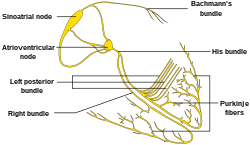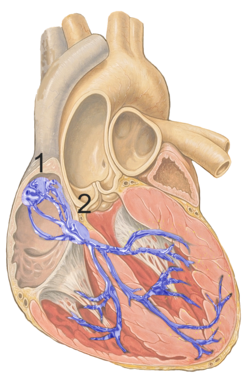weissarthur
Member
Hello all,
I want to share something i noticed while working out the other day. I am 45 years old, active and 4 years out of heart surgery that left me with to mechanical valves and a mended ascending. When I work out, I wear a heart monitor always. The other day we were working on handstands in yoga. I cant do them (never have) but i followed the best i could. first, with our back to the wall, we tried to kick up to the wall and use it to balance once we got there. as expected i was only "so so" at doing this and i monitored my heart rate the whole time and stopped when it got around 150. the next exercise had us walk up the wall into a more handstand-like position. When i got up to my handstand position i noticed something strange about my heart rate, it decreased to about 110 and stayed there. But when i came down and rested it shot up while i rested to 135. This didnt make sense to me. I did it a couple more times and decided i should stop and learn a little more before i try again.
Why do you think this happens?
Do you think I should or shouldn't attempt to learn handstands (or do other inversions) in yoga?
I would like to thank all responders in advance. Over the years your advise has been invaluable to me (see other posts)
Art
I want to share something i noticed while working out the other day. I am 45 years old, active and 4 years out of heart surgery that left me with to mechanical valves and a mended ascending. When I work out, I wear a heart monitor always. The other day we were working on handstands in yoga. I cant do them (never have) but i followed the best i could. first, with our back to the wall, we tried to kick up to the wall and use it to balance once we got there. as expected i was only "so so" at doing this and i monitored my heart rate the whole time and stopped when it got around 150. the next exercise had us walk up the wall into a more handstand-like position. When i got up to my handstand position i noticed something strange about my heart rate, it decreased to about 110 and stayed there. But when i came down and rested it shot up while i rested to 135. This didnt make sense to me. I did it a couple more times and decided i should stop and learn a little more before i try again.
Why do you think this happens?
Do you think I should or shouldn't attempt to learn handstands (or do other inversions) in yoga?
I would like to thank all responders in advance. Over the years your advise has been invaluable to me (see other posts)
Art

























